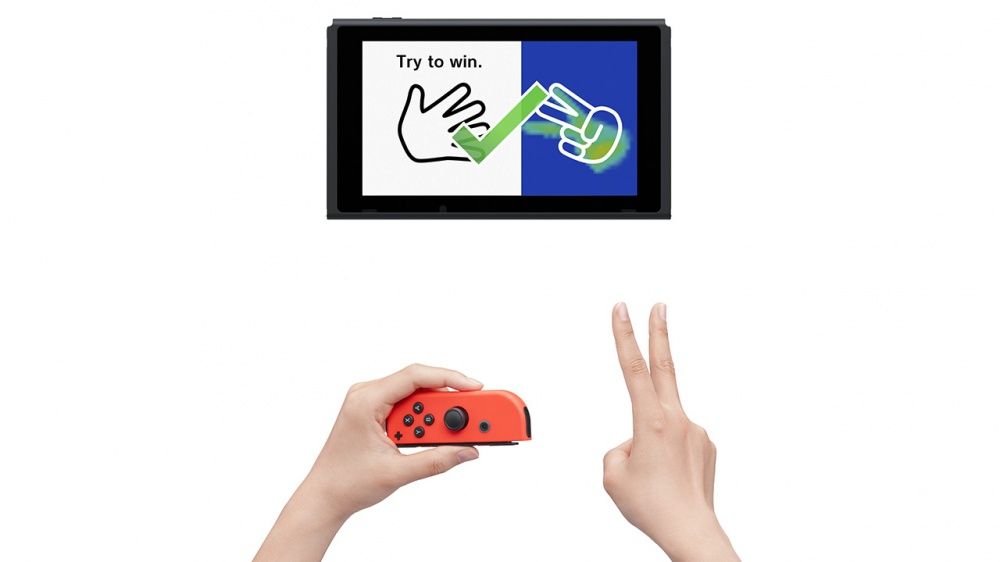
One of the most underappreciated features of the Nintendo Switch is that the console is region-free. Unlike past Nintendo systems, the player can purchase and play games from any region, not just the one they live in. Foreign eShops can be easily accessed to buy games and even to play Super Famicom Online.
Nintendo has been pretty good about releasing its content across all regions, but there are some exceptions. Perhaps the biggest, and strangest, is Dr. Kawashima's Brain Training for Nintendo Switch -- the Brain Age title North America never got.
Brain Age is one of Nintendo's most ubiquitous and important seventh-generation discoveries. The franchise is incredibly popular, with five entries across Nintendo DS, 3DS and Switch. It's a casual piece of lifestyle software that first spoke to the blue ocean audience attracted by the Nintendo DS.
Essentially, Brain Age is a mini-game compilation that finds a balance between cognitive test and engaging gameplay experience. With stats akin to Wii Fit, Brain Age became a keystone piece of persistent software that most users would hop into almost daily.
Due to the success of the franchise and the meteoric success of the Switch, it's odd that the newest iteration never came to North America. If the game released only in Japan, that would be more understandable. However, the game also launched in Europe, naturally with full English support. Since the game released in early 2020, it was always going to get overshadowed by the year's heavy hitters like Animal Crossing: New Horizons, even with a worldwide release. However, it could've been a nice complement to Clubhouse Games' casual appeal and bolstered the blue ocean library in North America.

Still, with the region-free design of the Switch, it is fairly easy to get access to Dr. Kawashima's Brain Training. It's a worthwhile effort too, as the game is very clever. The focus of Brain Age is primarily educational, so the mini-games are a far cry from traditional experiences like Mario Party. However, the success of Brain Age from a gameplay perspective was always its ability to use Nintendo's hardware to the fullest. On DS, this meant leveraging the touch screen, and on Switch it means leveraging the Joy-Con.
Dr. Kawashima's Brain Training uses the Joy-Con more cleverly than most games on the system. The IR camera is put to legitimate use, showing its potential as clearly as 1-2 Switch. One of its best implementations is a reflex-based rock-paper-scissors mini-game, which is able to track real-world hand motions incredibly well. It is a testament to how much innovative and interesting tech is packed into the Joy-Con. The game also makes ample use of the touch screen, as it is one of the few games to require handheld mode. The player has to hold their system vertically, which is a unique way to engage with the Switch.
Dr. Kawashima's Brain Training is far from the best Switch exclusive. In some respects, it's rather shallow. But, it's a worthwhile game to have downloaded and accessible for short, daily sessions. It's appealing in a similar manner to Ring Fit Adventure or Nintendo Labo. The game stretches the hardware in a unique way that is uniquely appealing for all demographics. Hopefully, Dr. Kawashima's Brain Training for Nintendo Switch will still see a worldwide release.
0 Comments